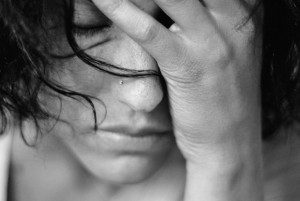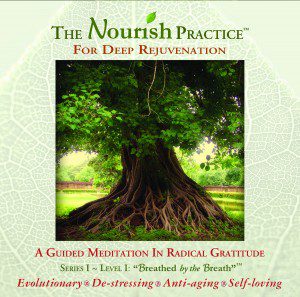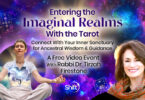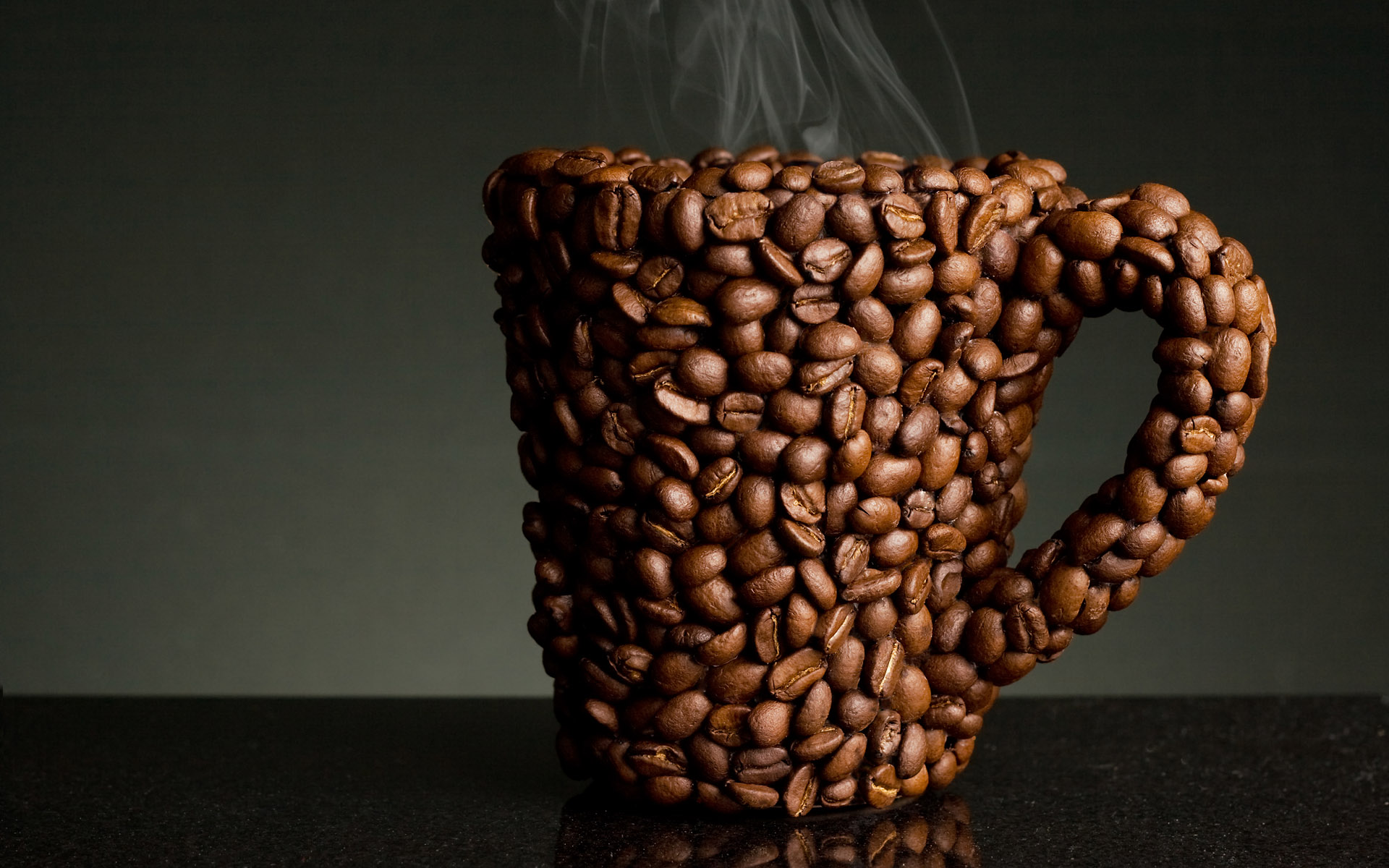Contributing Writer for Wake Up World
Many ignore the news in the hopes of preserving their peace and happiness. Indeed, this is a choice we can exercise at any time, and unfortunately, even our entire lives. I understand the need to break from news, and I understand a lot of news is relatively trivial, if not a lie. I also understand it hurts to learn about what’s going on in the world. It’s stressful enough just putting food on the table, paying the bills, and living each day with some hope.
But the human spirit was meant to stretch, a lot. And we need to keep stretching, growing beyond our comfort zone. Because our comfort zone is shrinking in on us from the outside in, if you’ve been following the news. In response, we have to stretch our hearts and actions wider just to offset the chaotic encroachments of fundamentalists, deniers, haters, and sociopaths.
[pro_ad_display_adzone id=”110028″]
The alternative, to choose pervasive, private, personal happiness by ignoring what’s happening in important news because it’s upsetting — such as what’s happening to our biosphere that we depend on to survive — perpetuates separateness and a lack of cooperation. It continues the denial and the tearing down of the world, because we choose not to be informed, and therefore not involved.
Our private “backyards” are shrinking. We are quickly learning that we are One Earth, through grace and increasingly through suffering. It’s time to wake up to the fact that it is getting late in the game to reverse the effects of environmental and economic meltdown. Please consider paying attention to the news, and determining what’s good news, which is honest news. Let your heart join with all the others of us dealing with reality all over the world now. You will not fall through the abyss. We need one another; we are catching each other.
Guilt Tripping
There’s no guilt trip here, though guilt is not a bad thing, per se. I find it helpful in my own life. If most understood the wisdom of healthy guilt, which is simply the heart’s urge to do what’s right, the message to get involved might be a lot easier. But, because many have had guilt used as a weapon against them, guilt is often perceived as intrusion, manipulation, coercion, even violence. But we shouldn’t throw the baby out with the bathwater.
Beneath guilt-tripping is a cry for help, a mature plead to join the love team. And at the heart of guilt is an innate response to care. So, maybe we should call guilt by its truer self: empathy. Empathy means to relate to and share in another’s feelings and suffering. Empathy is to be in the place of the troubled person or living being and feel what they feel. We also, and especially, need to feel empathy for ourselves.
Compassion has a more cognitive aspect than empathy; it implies action, and allows us to figure out how to help. This is why we need empathy before compassion, because it’s not until we relate to another that we can begin to understand how to help the other. And empathy requires seeing clearly and caring. So, first we first have to have empathy to relate to another’s plight, as if it were our own. Then we can have compassion to act towards another the way we would like to be treated ourselves. This extends to humans, animals, plants, ecosystems, and the Earth itself.
Indeed, our soulful capacity for empathy gets covered up by its more superficial projection of guilt. If we all had hearts more able to respond to the world, to one another, we wouldn’t need guilt, or guilt-tripping others. What this also means is that when you feel guilty, or get a guilt trip, try to hear the heart in the message, the truthful cry for help in another. Our own, healthy, soulful “guilt” is the voice of empathy, that unconditional feeling in heart that says, yes. It’s an innate desire to participate, to be concerned, to care of one another, in empathy and compassionate acts. When others guilt-trip you, they are just asking for help in the only way they know how, which can look pretty ugly sometimes. Ditch the drama and embrace the love in their distortion.
Expressing our vulnerable feelings and needs (something we’re conditioned to repress) is a good antidote to guilt-tripping. Identifying what our needs are and expressing them through Non-violent Communication (NVC) is a great way to begin recognizing what our needs are.
Abiding by the deeper motivation of empathy is to participate in deep loving — love that shows up with presence as well as compassionate action. So, my message about guilt is: don’t let people’s guilt-tripping distract you from the healthy “guilt” as the empathy and uplifting motivation of your own heart, which is that sincere desire to help. Catch yourself rebelling against those who come at you with obligation and imperatives to make you feel bad, or what you perceive to be so! That’s their trip. Don’t let their trip prevent you from loving. Also, even if their delivery sucks, their message might be important. See if you can you hear the worth in their expression through the muck of the delivery. Doing so ensures that no one secretly sullies the gold in your own heart through their own less-than-graceful guilt-tripping.
To better handle guilt-trippers, also consider working through the pain of your own historical guilt so you don’t let guilt continue to trigger you so strongly and get in the way of loving yourself, rebelling against ghosts from the past, and ignoring the world you truly care about. Believing in guilt leads to regret, if it doesn’t spur us to action.
Reacting and rebelling with resistance to others’ guilt–tripping can enslave you just as much as if you took their guilt-trip personally. It prevents you from being your full self, from giving and receiving love through presence and service. I’m not saying to take on their guilt-trip, but I am saying to make sure you don’t shut out any truth in their message or shut down your true care in the process. This is to let your own ego get the best of you. Use your ego to serve you instead by letting yourself see and improve where you have shortcomings.
Perception Matters
Notice, I am not saying any of this is guilt’s fault. It’s our reaction to hearing what we perceive as guilt from others that gets in our way. If we can hear the cry for help in another’s guilt-tripping, we can abide by the truth of our empathy and compassion to respond and not react. More, when we have let go some our pain from what guilt has meant for us in the past, we can hear the helpful message in another’s communication. We can also better hear the truth of our own hearts — which want to help and which love to help and which find great joy in helping!
So, guilt can trap us in two ways. One, we can believe untruths perpetuated by other people’s hurt communicated to us in the form of their guilt-tripping. The strategy for this is: Don’t let falsehoods in others’ guilt about you limit your confidence to matter, to care. Second, we can react to what we perceive as other people’s guilt-tripping by not expressing our caring hearts and denying the call to participate.
Strategy for this: Be humbly honest with yourself to see if you are mischaracterizing what comes your way as a defense to hearing any constructive criticism in their delivery. And, if you find you are not mischaracterizing what comes your way as guilt, still try to hear the heart of the message without the negative spin put on it by the messenger.
In sum, whatever the case, try to hear the truth of what anyone says and disregard the delivery and/or express and clear your bad feelings about it.
Guilt That Sticks
If we didn’t harbor past pain from guilt and ego-defenses against hearing calls to action and what to do for our own and the world’s good, we might be able to say to our brothers and sisters, “Wake up, you’re being selfish, the world wants you, and needs you. Pay attention, get active, get involved.” Without the guilt wound, this would activate our true, unconditional heart and good thinking. Boom, done.
But for so many that harbor excess guilt, what we perceive as “guilt-tripping” messages like this can leave the heart out of the picture, especially when that heart has been hurt by the pain of guilt. But only if we allow it to. The trick is to process and diffuse the wounded attack from another but not throw out the information, the meat, the heart of the message from another’s communication — because this information can alert us to what we are blind to and help us contribute meaningfully to what needs us.
So, yes, sometimes what someone else thinks of us is our business. We have to be humble and honest to determine the difference between what is someone else’s projected pain and what is good medicine for us in their message. Oftentimes it’s both. After all, others can see our blind spots better than we can. The best strategy I have found is to play devil’s advocate with ourselves because our tendency is to deny rather than humbly ascertain.
Denial
Denial is not just a river in Egypt.
It’s tough to hear the inconvenient truth. Hearing what is at odds with what we believe about ourselves and the world, and being unable to deal with it or accept the truth, is a form of denial called cognitive dissonance. The rapid deterioration of our biosphere triggers cognitive dissonance for many of us as we are challenged to grok what is really happening in the world. And, we can feel guilty for contributing to the mess and for not doing more. The antidote for this guilt is to feel it, find out what’s true, let our empathy rise from the ashes, and do better, which is the compassion I will discuss shortly.
I also understand that denial is not a simple issue, except when the house is burning down, at which time fear motivates instant waking up (one would hope). But as far as preventive medicine goes, it takes a big and wise heart, and certain skills, to face what is difficult: “a heart made mature by darkness and art,” as the great Spanish poet Antonio Machado penned. I echoed similarly in an essay a couple years ago:
It’s crucial to have a transformation-ready heart when embarking upon activism. Otherwise, we can be setting ourselves up for pain that sticks to our bones as unreckoned grief until we can transform it.
Indeed, many who resist getting involved in causes greater than themselves, that cause one to empathize with the pain of others, may instinctively know they do not possess the inner alchemical capacity to grieve in order to transform pain and thus resist getting involved. Worse, they may deny that the problems exist in the first place so as not have to deal with what they might not be able to handle.
Ignoring our personal grief closes our eyes to love. Dealing with it opens our own hearts the world.
Indeed, many of us don’t have the tools to deal with grief, anger and despair at the condition of our world today. Many might feel too overwhelmed by these difficult feelings in their immediate personal life to deal with more difficult news. But maybe this overwhelm is precisely because one has chosen not to deal with their heap of personal pain in the first place?
Grief is an antidote to denial, because grief clears pain and we deny things so we don’t have to feel their pain! What suffers in that chain of events is reality and our own hearts. We deny reality and we shut down our hearts, which is a recipe for disaster. To grieve we need to feel the hurt, express our feelings (appropriately), and learn how to prevent more hurt, which includes taking action. Grief clears pain already inflicted and registered, so that we can handle facing more than only our personal lot of sorrows. So, our unprocessed personal pain might indeed be at the root of what we deem ordinary denial, which we think is so easy to change.
Backyard Empathy
To the outsider, it might look like someone else can easily choose to pay attention to important world events that bring difficult emotions. In reality, however, it goes deeper than this. As long as trouble is not yet in our backyard, or not to a significant degree, we can more easily ignore it. But, when we reach the threshold, when it affects us personally enough, when our own turf is affected, we tend to snap out of denial pretty quickly, though often too late.
But here’s the kicker — it’s empathy and compassion that allow us to take note and act preventively before it’s our backyard that suffers. This lets us deal with global problems before they affect our own backyards. So, by paying attention to others, to the world around us, we benefit ourselves. This empathy is the capacity to love.
So, by waking up to the condition of others and to the Earth generally — to climate change and pervasive global injustices and the tearing down of the world currently leading to the sixth great mass extinction of all life forms on Earth — with our hearts and good minds we can help heal the whole (to any degree) before it eats us up by surprise because we denied the truth.
Earth Citizen
When we embrace and clear our own pain, which frees us up to be able to empathize with and compassionately act on behalf of the world’s pain, we become bona fide Earth Citizens. Many, however, report feeling paralyzed and immobilized by fear, by the difficulties and enormity of our situation today. While it is overwhelming, we also can learn skills to deal with it in ways that don’t hurt us further. Eating well, exercising, having a support group, and emotional process work are all key for this. Especially so is what I call the Nourish Practice, a body-centered, Earth-revering rejuvenation practice that helps extend our inner richness and inspiration to ourselves and then to others. For, if we are not feeling personally fulfilled, we tend not to help the greater good. And our lack of fulfillment is often unconscious, hiding behind superficial displays of celebration and happiness.
Whether we are dealing with our own, personal pain or the world’s pain, our hearts can barely tell the difference.
We hurt when the whole hurts, whether we are aware of it or not. Another’s backyard will eventually be our backyard. Notably, by dividing property into personal ownership, our governments have steeped us in the illusion of separateness. We can reclaim our global sense of oneness through our empathy and compassion, by transforming our guilt and fear, by communicating compassionately and honestly. And by inviting our neighbors over! When our hearts have broken open to become “as wide as the world,” so personal and collective share the same internal feeling space, as the same backyard, the same action-space, we seed a new reality through unity and non-separation.
So, for those racked by guilt, despair, denial, and shame, consider courage, empathy and emotional healing — for yourself and others. Hear the truth in guilt and the cry for help in others’ guilt-tripping. Muster the courage — the power of your heart — to help begin to dissolve the stagnation, the armoring, the heart you’ve compressed because of pain you ignored. Begin to learn how do deal with difficult emotions so you can heal yourself and become a valuable Earth Citizen. From here you might also find newfound love to care about others and the planet itself. While this might momentarily decrease your happiness because you’ve decided to expand the perception of your backyard, it can unexpectedly increase your sense of meaning and purpose, oneness and community, your relationship with truth and your community.
In Sum
We are at a time when personal and collective are colliding as never before. Centuries of negative effects from collective guilt and denial, separation and exploitation of nature, being complicit and cowardly, are crashing in on us — through climate change and the pervasive takeover of our basic freedoms. Each of us feels this personally and will feel it more as the months progress. Let us transform our guilt, the guilt-tripping we hear in others, unveil our empathy, push beyond our neurotic fears, summon our courage to deal with denial, embrace our fuller selves and the precious globe, so to liberate our feel-good compassion and fierce love.
While we may still be able to keep the influences of collapse out of our own backyard for a time (not that this is healthy, but it’s what many do), this illusion is quickly fading. The whole biosphere is rapidly changing; our backyards are melting into one, as they actually always were before the illusion of our separateness. We are dealing with a global problem, for which we need global love in action. Become an Earth Citizen by balancing your own wellness with taking care of the natural world around you. This is not guilt, but my heart calling for your empathy and compassion.
The Nourish Practice
Jack Adam Weber’s “The Nourish Practice” is an easy, guided meditation-Qi Gong practice in radical gratitude and self-love. It is an Earth-based, body-centered practice — at once physiological and ecological — that is deeply relaxing and replenishing, especially for modern-day burn-out syndrome, and requires little physical effort. It “resets your nervous system” and fosters a rich inner life.
You can purchase The Nourish Practice as a CD or Digital Download here.
Previous articles by Jack Adam Weber:
- The Monsanto Years: Singer Neil Young Rips Into GMOs, Big Biz and Conformity
- ReVOLUTION: When Enough is Enough
- Sex – Truth and Dare, Pleasure and Purpose
- Relationships: The Costs of Staying When We Should Leave
- Emotional Work
- Yin Yang — Ancient Wisdom for Personal and Planetary Transformation
- Choosing a Partner – How to Avoid Relationship Suicide
- Re-Thinking Love: Why Our Hearts Must Also Be Minded
- 11 Crucial Tips for Better Digestive Health
- Shadow Work: Becoming a Sustainable Light Worker (Part 1)
- Heartbreak – Loving Ourselves Through Difficult Times
About the author:

Jack Adam Weber, L.Ac. is a Chinese medicine physician, author, celebrated poet, organic farmer, and activist for body-centered spirituality. He is also the creator of The Nourish Practice, an Earth-based rejuvenation meditation. Weber is available by phone for medical consultations and life-coaching. His books, artwork, and provocative poems can be found at his website PoeticHealing.com.
You can connect with Jack Adam Weber at:
- Facebook: Facebook.com/JackAdamWeber
- Twitter: Twitter.com/JackAdamWeber
- Email: [email protected]
[pro_ad_display_adzone id=”110027″]








